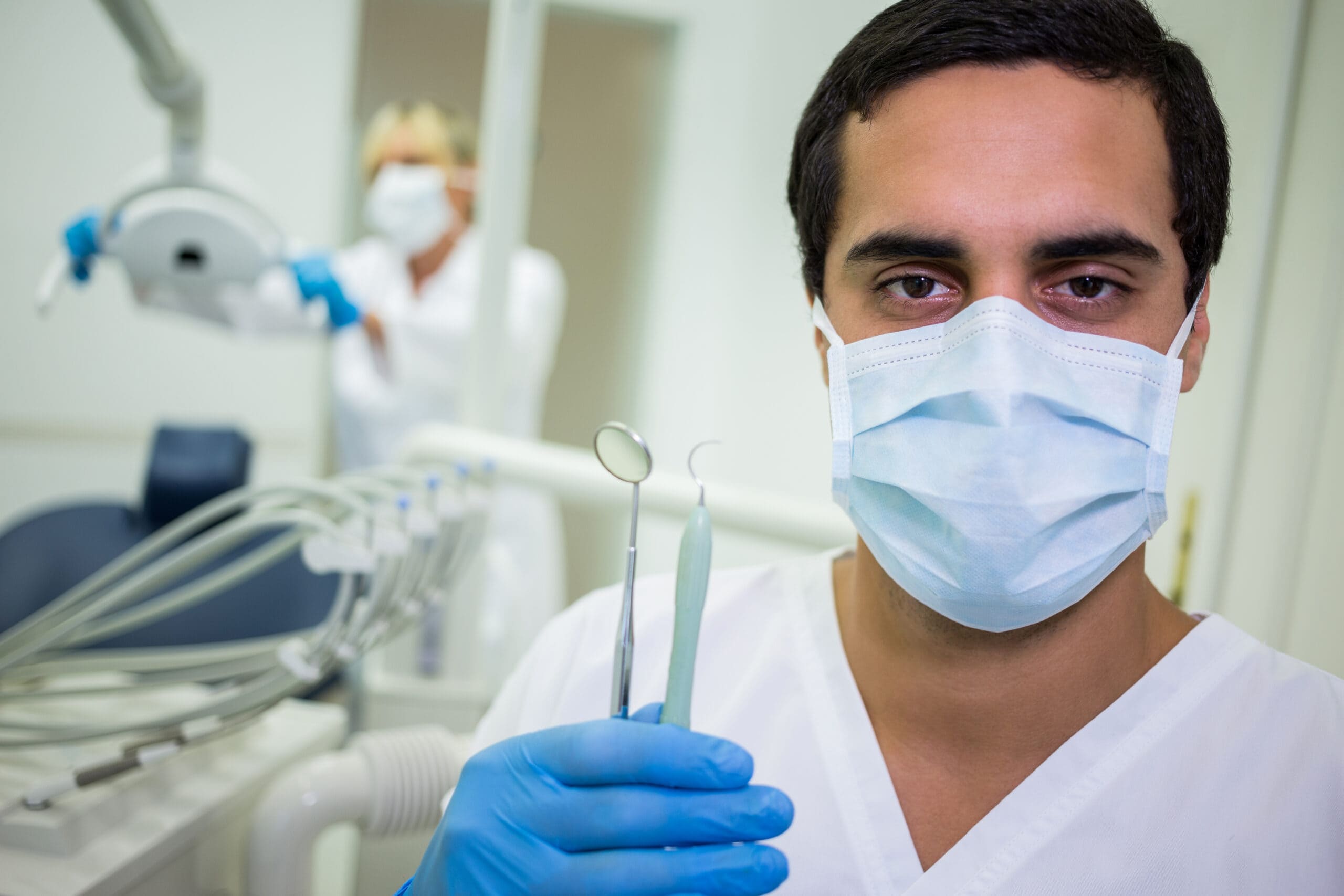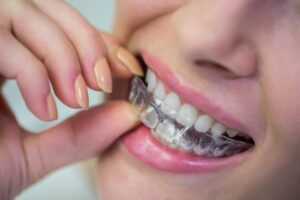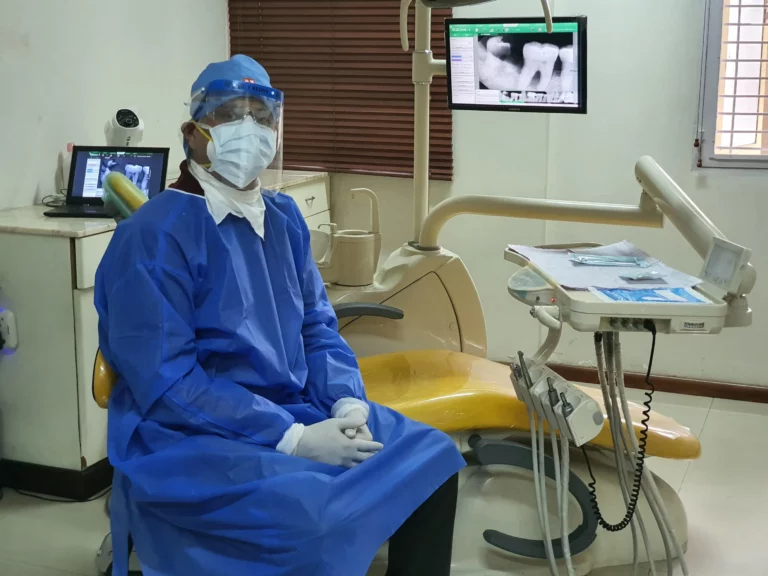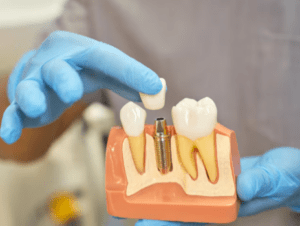Fostering good oral hygiene is not limited to having a bright smile; it is equally important
to one’s general health. Many clinicians note that dental issues tend to progress under the radar.By the time tangible symptoms arise, the problem may have already deteriorated. Hence, it is important to pay attention to the warning signs and act promptly.
Below are five distinct signs that require immediate attention. A dental check-up is necessary if you have any of these symptoms.
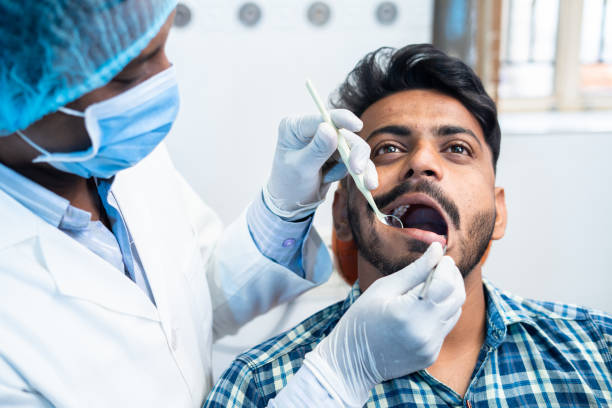
1. Persistent Tooth Pain
Pain that is chronic in nature is concerning. A tooth in discomfort is not normal, and any chronic sensitivity to cold or sweet foods falls in the same category.
This kind of pain is usually the result of one or more of the following: a dental cavity that is not being treated, a more complex dental structure that is cracked, pulp that is inflamed or the presence of an abscess. While pain medication may provide temporary relief, it does not get to the issue at hand, which will only worsen over time. Pain management, if put off, will result in more complex and expensive treatment. A toothache that is sharp or one which throbs should also be taken seriously, especially if swelling is present. These situations require that an examiner spend considerable time evaluating the tooth to avert long-term problems that may arise.
2. Bleeding, Swollen or Receding Gums
Bleeding along the gum line is common in certain medical states, and in patients with healthy mouths, there should be no need for care. Chronic bleeding along the gum line, as well as the presence of red, swollen and receding gums signals impending gum disease. The earliest form of gum disease, known as gingivitis, can to some extent be remedied.
If untreated, it can advance to periodontitis, which is characterized by the receding of gums, loss of bone and looseness of teeth. Moreover, periodontitis has consequential systemic health effects, and has been associated with heart disease, diabetes and worsening of pregnancy. Moreover, there are no circumstances under which bleeding from the gums should be considered normal. The earliest possible medical intervention can reverse the damage as well as safeguard the oral and systemic health of the people.
3. Sudden Sensitivity to Hot or Cold
A sudden sharp sensation when consuming hot or cold food should not be dismissed as simple sensitivity. It often points to underlying concerns such as:
- Early dental decay
- Enamel erosion
- Gum recession exposing tooth roots
- Hairline cracks in the tooth structure
Sensitivity is frequently the first sign of deeper issues.On neglecting, it can lead to pulp involvement and severe infection. Instead of adapting by avoiding hot or cold foods, it is essential to address the root cause. A dentist can accurately identify the problem and provide a targeted solution, preventing the situation from escalating.
4. Loose Teeth or Altered Bite
Apart from any external trauma, adult teeth are not meant to become loose. Looseness, shifting, remaining teeth, and sudden changes to bite alignment are symptoms of a serious complication. These complications tend to stem from a periodontal disease, a loss of alveolar bone, a sustained injury, or an infection.
Even if the mobility is not obvious to the eye, subtle changes in bite which includes teeth not fitting together properly signal structural changes within the oral cavity.Without timely treatment, tooth loss becomes a real possibility.
5. Swelling in the Face or Jaw
Whenever a person faces swelling in the region of the face or jaw, it is one of the most critical dental issues. This is often due to a dental infection like an abscess, that is left untreated. An untreated abscess can extend beyond the mouth and become life threatening.
Signs and symptoms include the presence of a fever; the person finds it painful to swallow; there is pus coming out of the mouth and there is a lingering bad taste in the mouth. Whenever abscess symptoms are present, it is an infection and it requires urgent attention. Whenever essential medical help is needed the most, help is not available, and then the chances of other complications, like infection are higher.
Why Immediate Action Matters
Delaying dental treatment comes with significant risks:
Progression of disease: What begins as a small cavity can advance to an abscess or even tooth loss.
Higher costs: A simple filling, if ignored, may later require root canal treatment or surgical intervention.
Systemic impact: Oral infections have been linked to cardiovascular disease, diabetes complications, and weakened immunity.
Early diagnosis and treatment not only preserve teeth but also protect general health.
Preventing Dental Emergencies
Most emergencies can be prevented with consistent oral hygiene and regular checkups. Patients should:
- Brush at least twice daily using fluoride toothpaste
- Floss once a day to clean interdental spaces
- Minimize intake of sugary and acidic foods
- Schedule dental visits every six months for preventive care
- Use protective appliances such as night guards or sports guards when necessary
These steps, combined with professional monitoring, significantly reduce the likelihood of sudden dental problems.
Professional Care at Our Clinic
The moment you identify any of the indicators mentioned above, such as constant discomfort, bleeding of the gums, the feeling of loose teeth, teeth sensitivity and any swelling of the face, it is extremely important that you take action immediately. This will ensure that the issues are dealt with before the condition worsen to something much more complicated and expensive to resolve.
We at Kerala’s Koramangala dental clinic attend to patients with issues for teeth including preventive measures and urgent attention as well. Precise, efficient and tailored to the needs of the patient, our medical staff is equipped with the latest technologies, meticulously planned protocols and proven methods. Patients suffering from dental issues that need urgent attention are also scheduled. This is to ensure that they do not wait long to get help which puts their oral health at risk.
Ignoring any of the signs described above means you are willingly compromising your general health, which is the most unfortunate thing to do. Your oral health is interconnected with your well-being.

